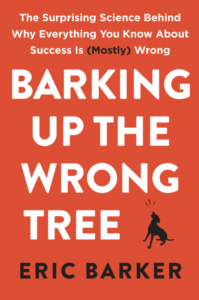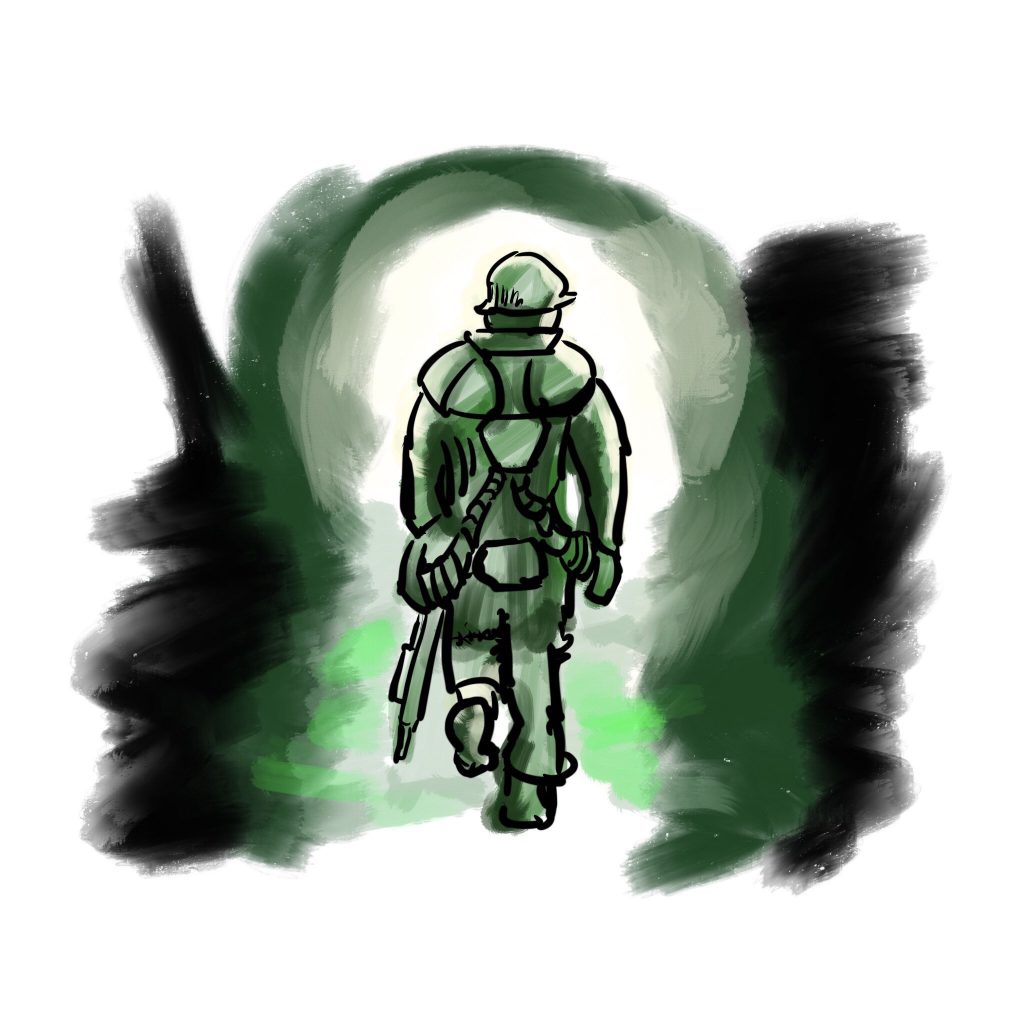
Check out the full notes for Barking Up the Wrong Tree
Sun’s up WHAT’S UP. Welcome to ANOTHER episode of Active Recall. We tried a third time with Barking Up the Wrong Tree. It’s not a masterpiece, but it’s better than our first and second attempt.
- I recorded in Washington again. Just some podcast equipment nerdery: I used a Zoom H1 to record but ended up just using the backup audio with a stock Earpod headset.
- Four metrics to measure your life with: happiness, achievement, significance, and legacy. We talked about this last week also.
- We talk about how life achievements relate to achievements in game. It’s important to celebrate the small badges along the way and not just completing the game. There is no peak achievement that keeps you happy for the rest of your lifetime.
- We are all significant. You don’t have to count to millions of people. It’s more important to count to the people you care about.
- Legacy. A few years ago my cousin said “You’re my hero”. I’d love to someday earn that title but it means a lot to know that I’m setting a good example for someone I care about.
- Introverts and extroverts. One of us is an introvert and the other is an extrovert. Can you guess who’s who? (Here’s a clue: I’m writing this on my couch and it isn’t the first thing I wrote on my couch today. And I consider this a good day.)
- WNGF: Winnable, novel challenges, goals, and feedback. It’s a good idea to give your work some elements from good games. Wally talks about how he’s turned some elements of his job into a game.
- Grit or quit. Wally pulled a quiz from the book. We get closer to whether I should continue with writing or quit writing.
- Toronto ra..coons?
- WOOP: Wish, outcome, obstacle, plan. Wish: be an awesome writer. Outcome: I stand in the airport and admire my book sitting in like a Hudson News or whatever then get on the first class seat and read my book in front of the peasants walking by while sipping the complimentary champagne. Obstacle: I am a bad writer. Plan: I’ll become a better writer.
We’re gritting along and adding an episode at a time. Thanks for checking this out!

